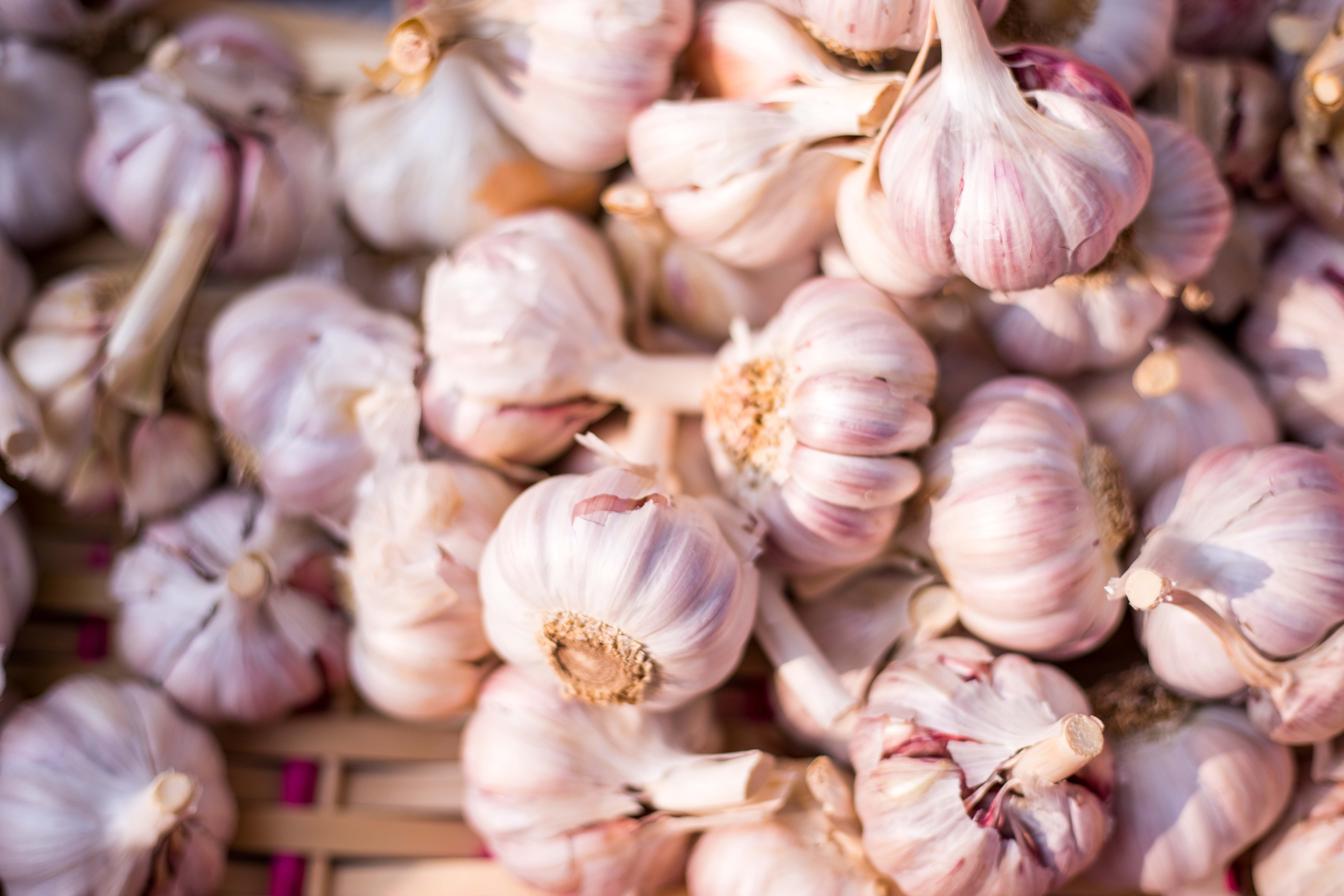Expert Reaction
These comments have been collated by the Science Media Centre to provide a variety of expert perspectives on this issue. Feel free to use these quotes in your stories. Views expressed are the personal opinions of the experts named. They do not represent the views of the SMC or any other organisation unless specifically stated.
Statement from the Doherty Institute
The Doherty Institute frequently evaluates the antiviral properties of products under paid contracts with commercial entities.
Recent work, commissioned by the company Australian Garlic Producers (AGP), involved in-vitro testing only of a range of garlic extracts to investigate potential antiviral activity against two viruses.
The findings of this lab-based study, released by AGP, do not show medical treatment application. Stringent clinical trials would need to be conducted to determine if these findings translate from test tubes to humans.
Dr Gideon Meyerowitz-Katz is an epidemiologist and Senior Research Fellow from the University of Wollongong
This appears to be extremely early, lab-bench research showing that an extract from garlic may inhibit activity in some respiratory viruses. This is the very first step to a successful treatment, however the vast majority of potential treatments that reach this stage fail to prove useful. Unfortunately, the research does not appear to have been published as yet, which means we don’t even know how effective the garlic is when you put it into cells in a laboratory.
We won’t know if this product helps with COVID-19 or influenza until we run clinical trials in real people, rather than petri dishes in a lab.
Dr Ian Musgrave is a Senior Lecturer in the Faculty of Medicine, School of Medicine Sciences, within the Discipline of Pharmacology at the University of Adelaide.
"Garlic extracts are in the news as the Doherty Institute has reported that garlic extracts are able to prevent influenza and SARS-CoV-2 infection of cells in culture. The full experimental details are not available, but the effects of garlic extracts on viral infection in isolated cells have been seen before, at least for influenza. However, while these preclinical studies are an essential first step to developing therapies, there is a long way to go before these extracts can be adopted as preventatives or treatments.
Absorption and metabolism of the active components of garlic extracts may mean that the levels of these compounds may not reach levels that are effective in the body. Small clinical trials of garlic preparations suggest they may reduce symptoms, but not incidence, of colds and flu.
The composition and concentrations of these extracts may not be comparable to the materials tested by the Doherty Institute. A small trial with a fortified garlic extract in hospitalised COVID-19 patients showed no significant effect on the primary measures of infection recovery. Overall, while the results reported by the Doherty Institute are interesting, until clinical trials have been done no claims can be made about the effects of these extracts for prevention and/or treatment of influenza let alone COVID-19."



 Australia; NSW; SA
Australia; NSW; SA



